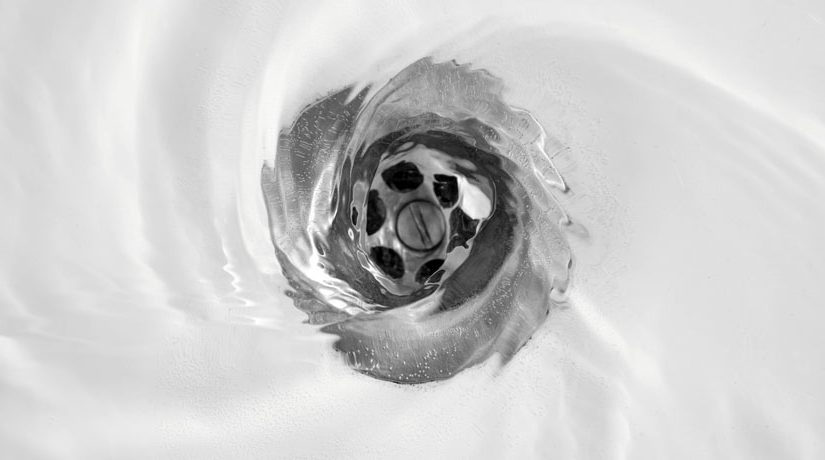Whatever you empty into your septic tank can greatly affect its efficiency. Your septic system contains living organisms that digest and treat the waste. As a general rule, do not throw anything into your septic tank that could just as easily be placed into the bin. The system is not designed to be a refuse can and solids build up in the septic tank that will eventually need to be pumped. The more solids that enter the tank, the more frequently the system will need to be pumped, and the more problems are likely to occur. By letting everyone in your household know about what is and isn’t good for your septic system, the more money and headaches you can avoid, whilst prolonging the life of the system and the health of your family, property and the environment.
Here is a simple do’s and don’ts how to guide.
Do’s
- Dispose of solids appropriately. The only things that should be flushed down the toilet are wastewater and toilet paper.
- Dispose of chemicals and fuels at approved waste sites.
- Dispose of grease with the regular garbage. In addition, a grease interceptor between the kitchen sink and the septic tank is often recommended.
- Use household cleaners such as bleach, disinfectants, and drain and toilet bowl cleaners in moderation and only in accordance with product labels. Overuse of these products can harm your system.
- Return leftover medications to your pharmacy. Also be aware that human wastes from people on medication (e.g. antibiotics) can affect the performance of your septic system and may require more frequent pumping of your tank.
Don’ts
- Do not put cigarette butts, paper towels, sanitary tampons, condoms, disposable diapers, anything plastic or similar non-biodegradables into a septic tank system.
- Avoid washing food scraps, coffee grinds, and other food items down the drain, scrape dishes into the bin instead of the sink. Avoid using a sink waste disposal unit, they can increase sludge accumulation by upto 40 per cent. Compost kitchen wastes (organic matter) instead.
- Use a drain catcher to stop food bits from going down the drain.
- Never put oil, gasoline, paint thinners, solvents, photographic chemicals, weed or insect killers down the drain. They can poison your septic system and possibly threaten water supplies for your whole neighbourhood. Even latex paint is unhealthy for your septic system.
- Don’t put cooking grease down the drains. It can solidify and clog pipes.
- Don’t use chemical drain cleaners or chemical-based cleaning products.
- Don’t dispose of pharmaceuticals down your drains or toilets.
For more information on our domestic septic tank emptying service click here.
Published by: Jon Statham on: November 22nd 2019
